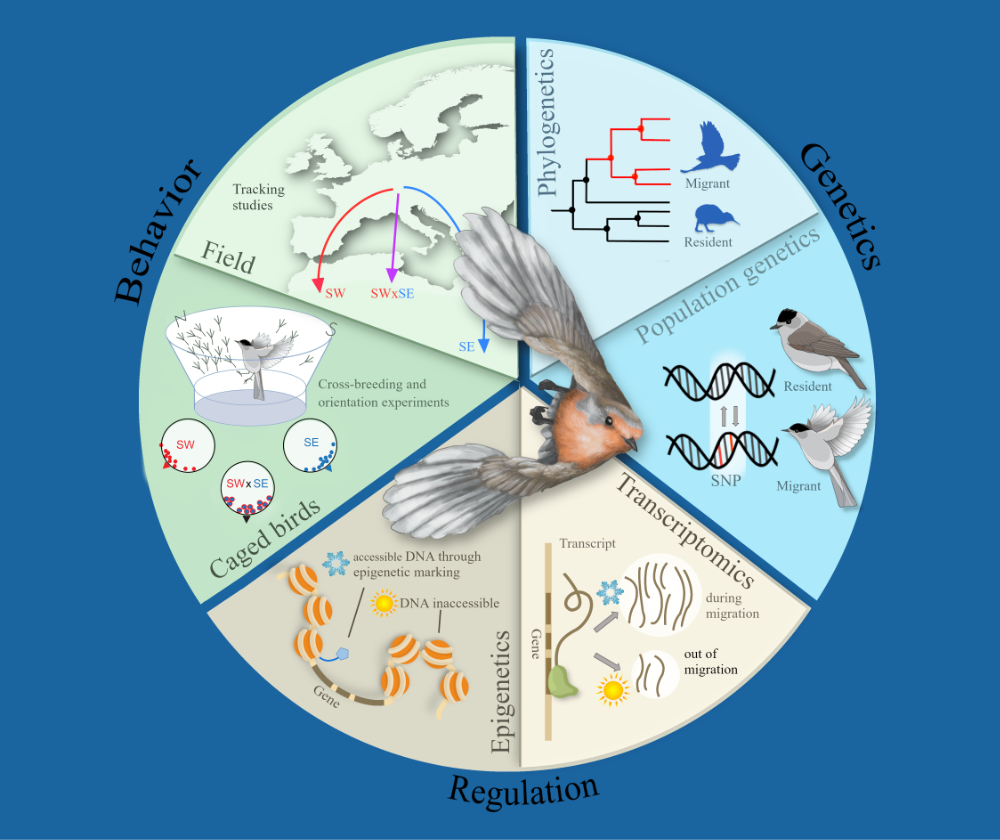Speaker
Description
Species-specific behaviors evolve through changes in gene expression among species and the resulting effects on physiological and anatomical alterations in associated neural circuits. However, the neural and genetic mechanisms underlying species-specific learned behaviors remain unclear. Songbirds acquire species-specific songs through vocal learning by a neural circuit known as the song system, which is highly conserved across songbird species. To elucidate the species differences in gene expression at the cellular level in the song system, we conducted the single-cell transcriptional analysis focusing on two vocal motor nuclei (HVC and RA) in four species —zebra finch: Taeniopygia guttata, owl finch: T. bichenovii, cherry finch: Aidemosyne modesta, and Bengalese finch: Lonchura striata var. Domestica. Each possesses unique song features in syllable acoustics and sequences. Our interspecies transcriptomic comparison across multiple neural and non-neural cell types revealed significantly greater species-specific gene expression differences in glutamatergic excitatory projecting neurons than in other cell types within the vocal motor nuclei across all tested species. The species-differentially expressed genes in these neurons were predominantly enriched in ion channels and neurotransmitter/modulator receptors and were significantly located on the Z sexual chromosome. This suggests that specific genomic alterations modify the excitatory properties in neural circuits, underlying the species-specific learned behaviors. Furthermore, we observed that these species-specific transcriptional signatures were already presented at the initial stage of song learning. We are currently investigating the potential relationship between these transcriptional signatures and the learned song phenotypes.

